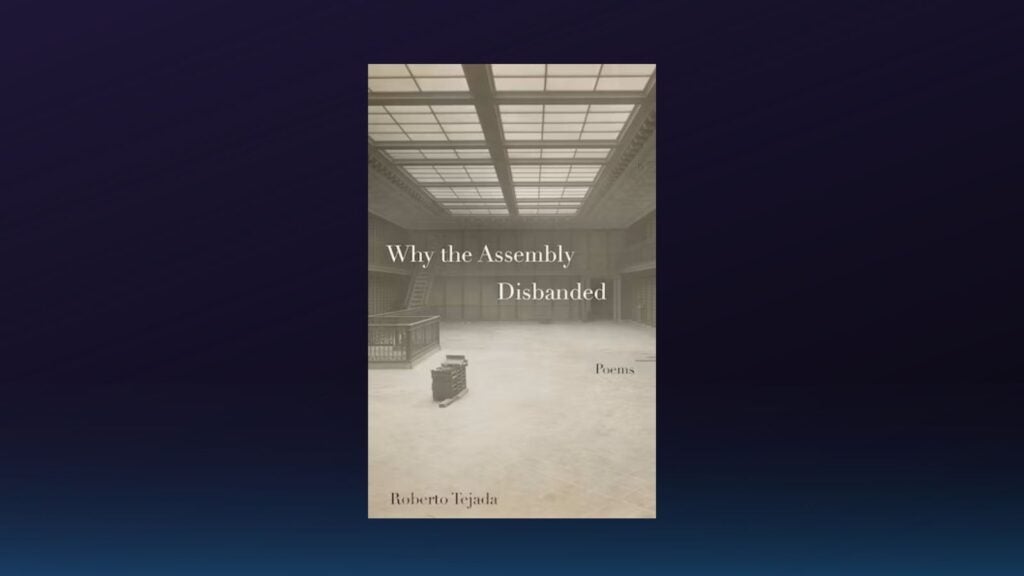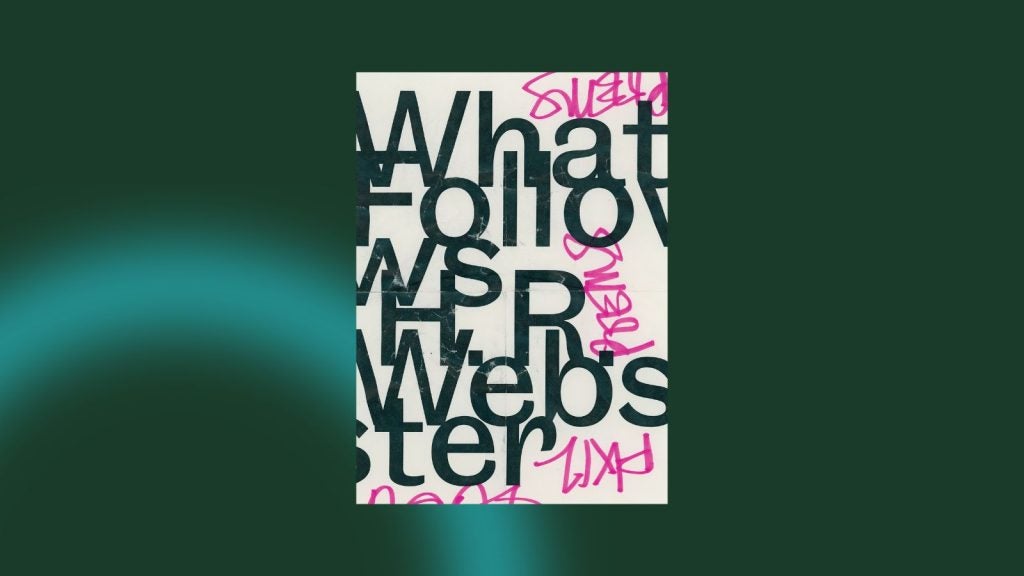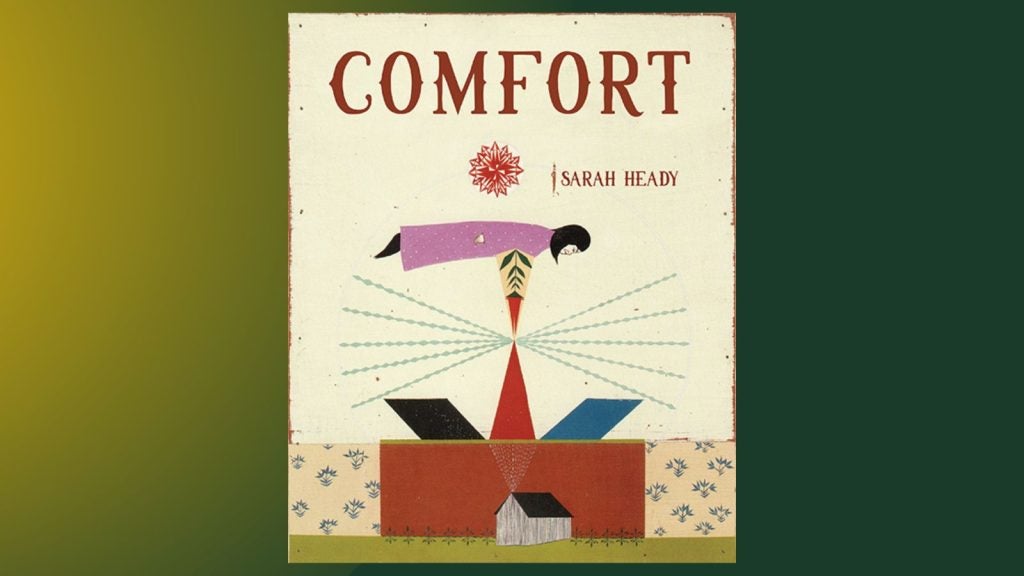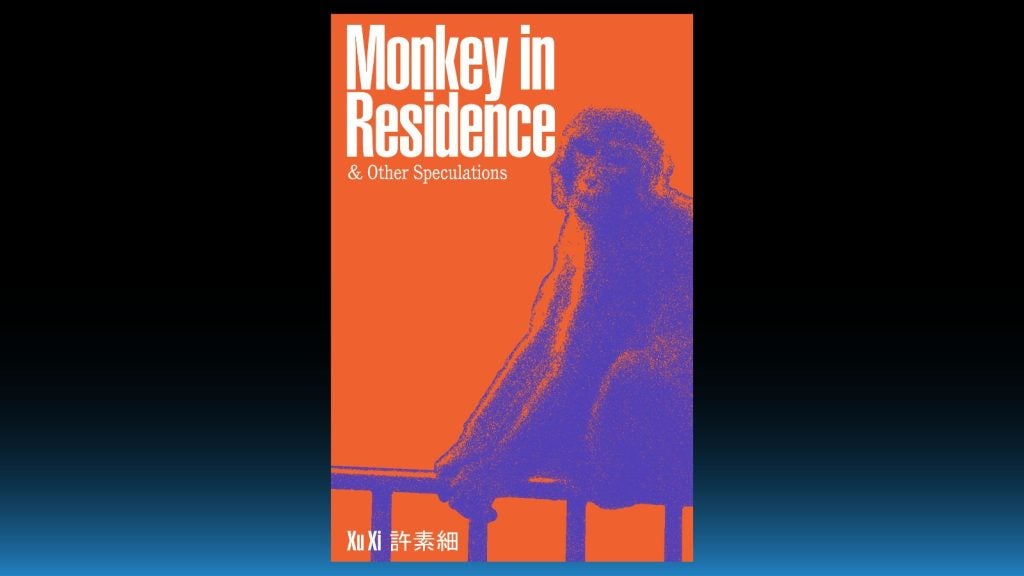I Assemble, I Am: A Review of Roberto Tejada’s Why The Assembly Disbanded
Assemblage is a danger. Artists, poets, immigrants, outsiders, and insiders—to gather is to think, to subsist off bounce-backed ideas, language, identity. To assemble is to resist abidance. To birth that which is new, to resist, to polish that which is worn-out. Why the Assembly Disbanded by Roberto Tejada endeavors to assemble the heart of assemblages; […]
I Assemble, I Am: A Review of Roberto Tejada’s Why The Assembly Disbanded Read More »
Assemblage is a danger. Artists, poets, immigrants, outsiders, and insiders—to gather is to think, to subsist off bounce-backed ideas, language, identity. To assemble is to resist abidance. To birth that which is new, to resist, to polish that which is worn-out. Why the Assembly Disbanded by Roberto Tejada endeavors to assemble the heart of assemblages;








